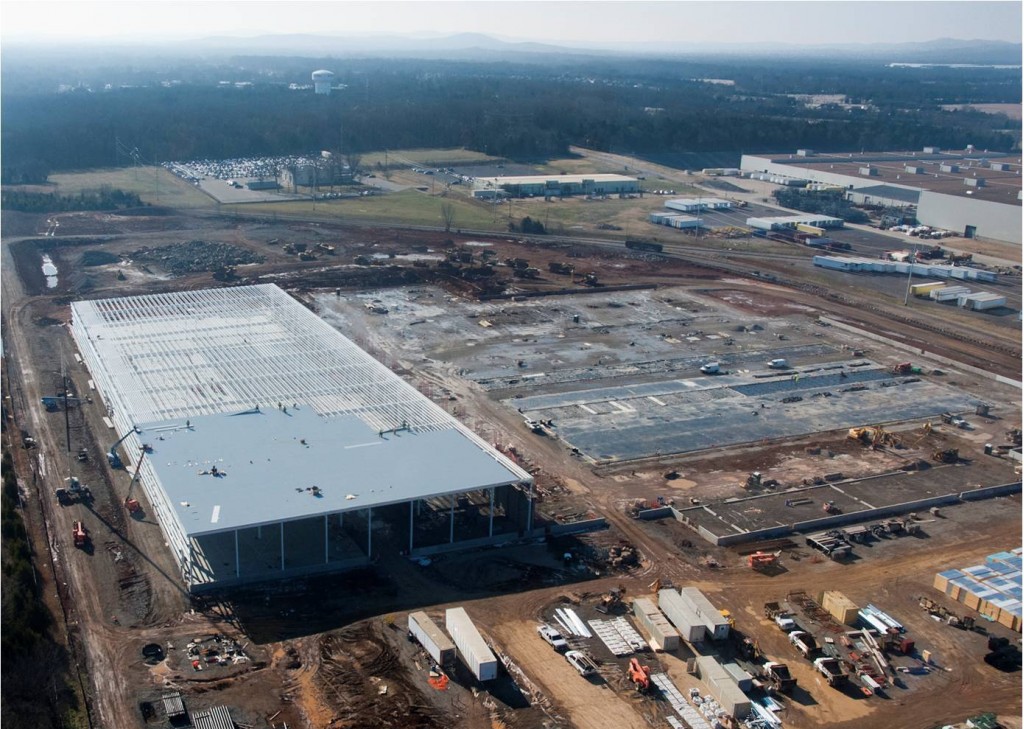Initial deliveries of the 2011 Nissan Leaf battery electric car have been fitful, compared to hundreds of Chevy Volts sold each week.
But Nissan's first modern mass-produced battery electric car continues to rack up accomplishments (and the company says it will be at full production by March).
Today, it was chosen as European Car of the Year by a jury of 58 motoring journalists representing no fewer than 23 separate countries. The award has never before been won by an electric car.
U.S. versus European drivers
Here in the States, by contrast, the 2011 Chevrolet Volt range-extended electric vehicle won the North American Car of the Year title at the Detroit Auto Show two weeks ago.
The difference can be attributed to attitudes and different uses for cars. U.S. drivers cover longer distances on average, expect more of their cars, and have no effective public transport system to fall back on, so a car is always primary transport--and the average U.S. household now has more than two cars.

Nissan lithium-ion battery pack plant under construction, Smyrna, Tennessee, Jan 2011
Europeans, on the other hand, are more likely to own a single car, use it less, and drive it shorter distances. Which makes the 2011 Leaf, with its limited range of up to 100 miles, less inherently scary for timid buyers.
The Volt delivers up to 40 miles of electric range, but once its range-extending gasoline engine switches on to generate power for the electric motor, it can run another 300 or more miles--and then refuel and do it all over again, meaning there is no recharging time required if the owner is on an extended trip.
This publication named the Nissan Leaf our GreenCarReports Best Car to Buy for 2011, on the grounds that its carbon emissions per mile were simply the lowest of any mass-produced vehicle from a major automakers.
Battery plant well underway
As well as the European Car of the Year laurels, Nissan released photos showing progress to date on the battery manufacturing plant it is building in Smyrna, Tennessee. The factory will provide cells for battery packs in Leafs that will be built in the assembly plant next door, starting late next year.

Nissan lithium-ion battery pack plant under construction, Smyrna, Tennessee, Jan 2011
Nissan notes that the battery plant will be able to produce 200,000 lithium-ion packs per year at full production. That's enough for all 150,000 Leafs it plans to build in Tennessee, plus 50,000 more for other electric vehicles yet to be announced.
The company says that up to 1,300 U.S. manufacturing jobs will be created once the pair of plants is up and running.
Largest electric-car plant in the world
The Smyrna plant will be the world's highest-volume electric-car factory. It will add to the 50,000 units built at the original Leaf factory in Oppama, Japan, and another 50,000 to come from a third plant in Sunderland, U.K., that will enter production early in 2013.

Nissan Smyrna Tennessee
Once Nissan Leafs are domestically produced, they'll likely be eligible for U.S. government purchases. Those are expected to be a substantial portion of the 1 million plug-in vehicles President Barack Obama has promised to put on U.S. roads by 2015.
Nissan was initially awarded low-interest loans of $1.6 billion for work on the two plants by the Department of Energy's advanced-technology vehicle manufacturing program. It subsequently decided it needed only $1.4 billion of that total, and the documents were signed a year ago. It has also contributed $300 million of its own capital.
[Nissan]













